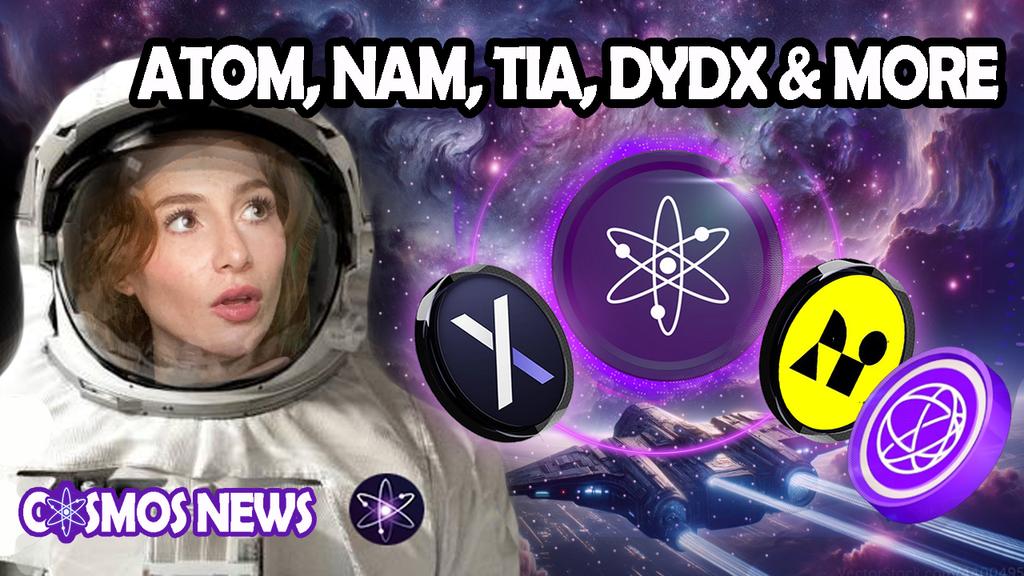Overview
Holochain is a framework for developing fully decentralized, peer-to-peer applications that prioritize individual user control over data. It differs fundamentally from both centralized systems and blockchain architectures by embracing an agent-centric design. This approach allows every user to operate their own copy of an application, promoting privacy, autonomy, and resilience. Holochain aims to catalyze the growth of a distributed internet where users can interact directly without relying on intermediaries or centralized servers.
Designed to address challenges such as scalability, inefficiency, and high energy usage commonly associated with blockchain technology, Holochain positions itself as an innovative alternative for decentralized application development. By avoiding global consensus mechanisms, it achieves a more efficient, scalable, and sustainable operational model.
Technical Architecture
Holochain blends principles from distributed systems like BitTorrent and Git, incorporating cryptographic techniques, gossip protocols, and peer validation










